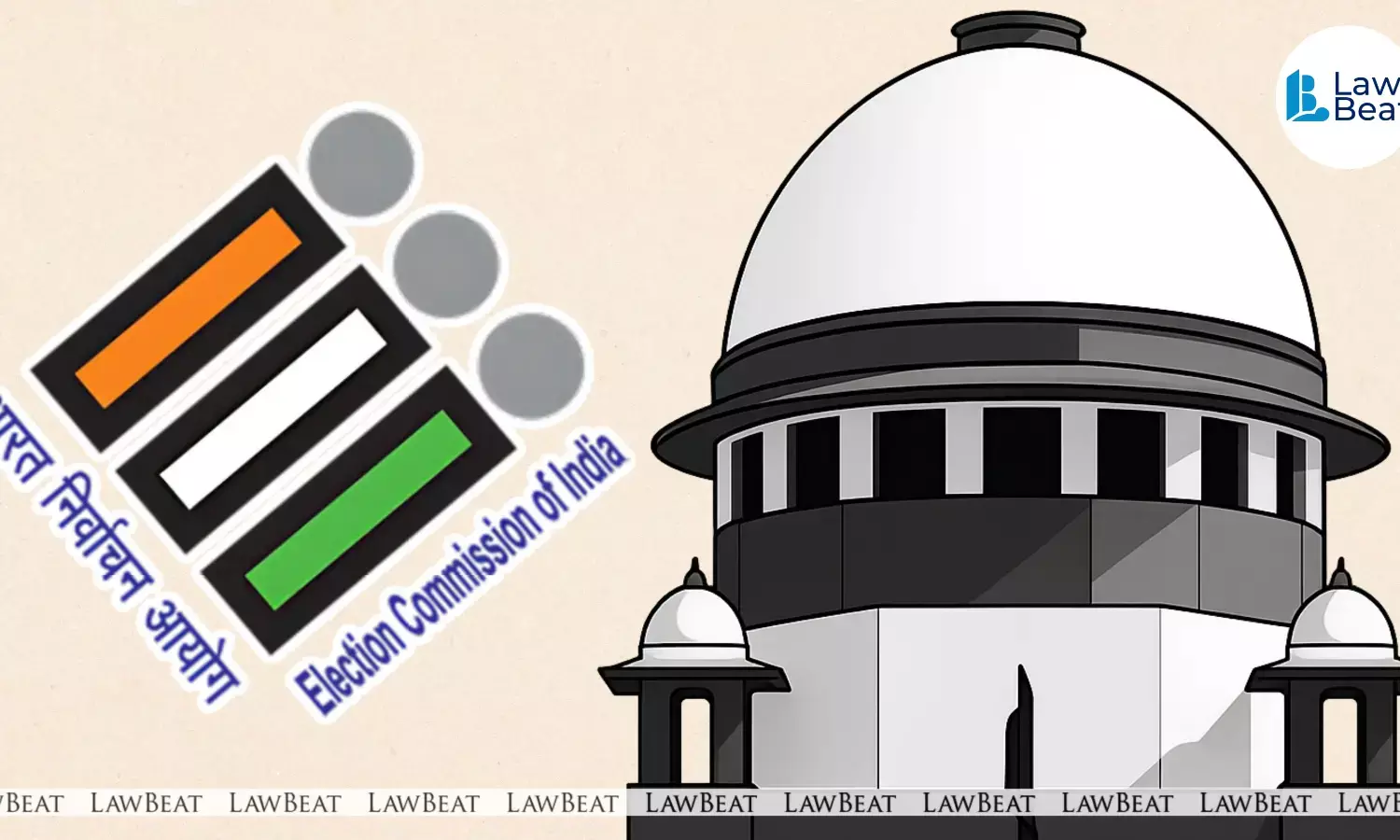Aadhaar Not Proof of Citizenship, Only Identity: Election Commission Tells SC Amid SIR Phase 2

ECI informs SC that Aadhaar is valid only for identity verification, not citizenship, amid large-scale electoral roll revision across multiple states
The Election Commission of India (ECI) has clarified before the Supreme Court that Aadhaar cannot be used as proof of citizenship and will serve only as proof of identity during the ongoing Phase II of the Special Intensive Revision (SIR) of electoral rolls.
The clarification comes amid the revision exercise covering nearly 51 crore electors across nine states and three Union Territories.
The Commission filed a detailed counter affidavit filed in response to a petition by Advocate Ashwini Upadhyay, who sought a declaration that Aadhaar be used strictly for establishing identity under Section 23(4) of the Representation of the People Act (RPA), 1950, and not as proof of date of birth. He argued that permitting Aadhaar as proof of age in Form-6 under the Registration of Electors Rules was contrary to the UIDAI’s August 22, 2023 notification.
The affidavit was filed by the Secretary of the Election Commission, Santosh Kumar Dubey who informed the Court that he was fully conversant with the records of the case and competent to affirm the reply on behalf of the Commission. He stated that he had “carefully traversed the contents of the interlocutory application” and denied its allegations in entirety, except where specifically admitted.
The applicant has sought a direction declaring that Aadhaar number should only be used for establishing identity and authenticity under Section 23(4) of the RPA, 1950, and that its use as proof of date of birth in Form-6 under the Registration of Electors Rules is arbitrary and contrary to UIDAI notifications dated August 22 and December 12, 2023.
The Commission rejected these claims outright. It told the Apex Court that the applicant had raised issues already addressed in the Commission’s earlier counter affidavit in the main writ petition, which should be read as part of the present reply. Reproducing those submissions, it said, was unnecessary for the sake of brevity.
Crucially, the ECI defended the legal framework governing Aadhaar use:
-Aadhaar is statutorily permitted for establishing identity and for authentication linked to voter registration processes, the Commission said, pointing to Section 23(4) of the RPA, 1950, which was introduced to strengthen the accuracy of electoral rolls.
-UIDAI notifications do not bar Aadhaar from being used as supporting documentation, the ECI contended. The plea’s argument that the notifications restrict Aadhaar solely to identity proof was “an incorrect reading” of the documents.
-The challenge misunderstands the purpose of Form-6, the Commission argued. Aadhaar is not the exclusive or mandatory proof of date of birth and is only one among multiple permissible documents; therefore, the allegation of arbitrariness is unfounded.
-The Commission also reiterated that nothing is to be deemed admitted by omission, and that every contention of the applicant stands denied unless expressly accepted.
Calling the reliefs sought “wholly unwarranted,” the ECI maintained that the existing statutory regime; including the amended RPA, Registration of Electors Rules, and Aadhaar authentication framework, was constitutionally sound and administratively necessary for ensuring accurate and clean electoral rolls.
Last month, the ECI had informed the Supreme Court that it is fully ensuring that only Indian citizens are included in the revised electoral rolls of Bihar, directly addressing concerns raised in a plea alleging the inclusion of illegal Pakistani, Afghanistani, Rohingya, and Bangladeshi migrants. The response had come through a detailed counter-affidavit filed by Deputy Election Commissioner Sanjay Kumar, who clarified that the Commission has consistently adhered to constitutional and statutory safeguards under the Representation of the People Act, 1950. The affidavit was submitted in response to an interlocutory application in W.P.(C) No. 640/2025.
Kumar had emphasized that the ECI has already implemented all Supreme Court directions regarding the inclusion of identity documents, including Aadhaar, for the purpose of verifying the identity of voters. “Aadhaar is being used solely as proof of identity and not as evidence of citizenship. The statutory mandate under the RP Act, 1950, is being fully complied with to ensure that only eligible Indian citizens participate in the electoral process,” the affidavit had stated.
Case Title: Ashwini Kumar Upadhyay v. Union of India & Ors.
Affidavit By: Secretary, Election Commissioner Santosh Kumar Dubey
Bench: Justice Surya Kant and Justice Joymalya Bagchi
